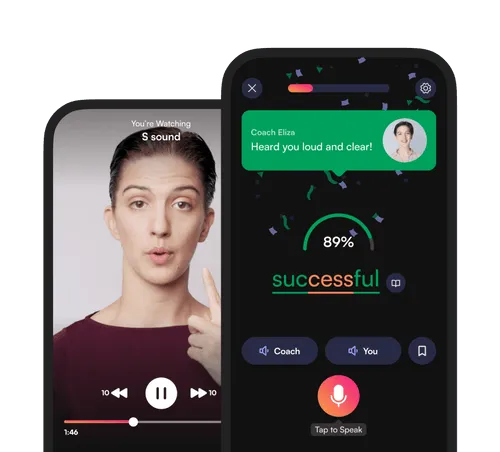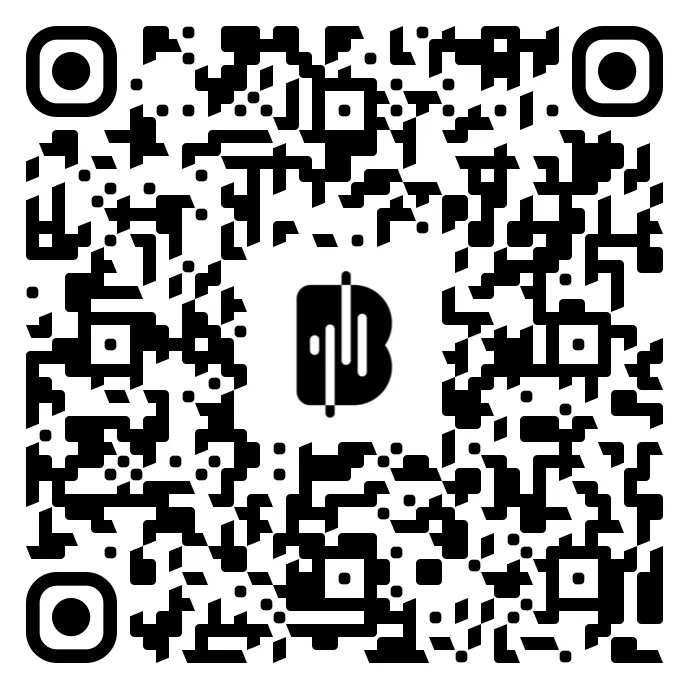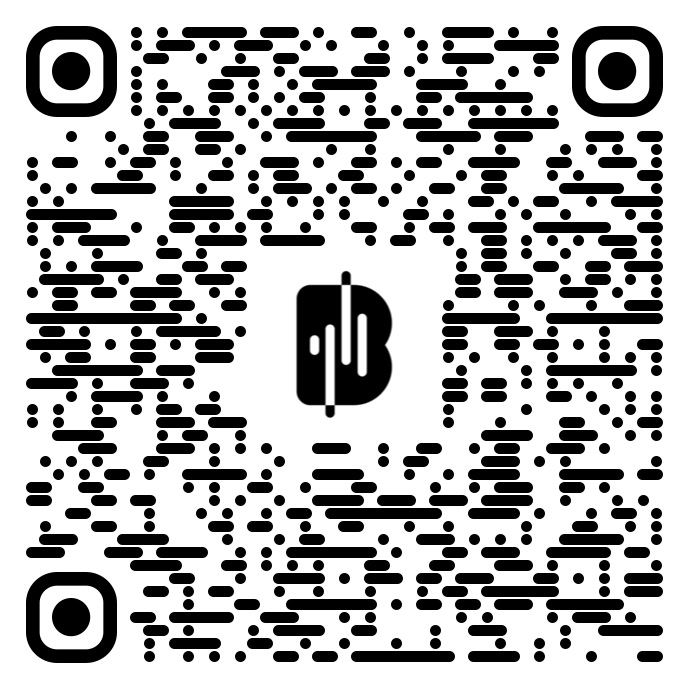"He read the letter allowed to the group."
Can you spot the error? While the words "aloud" and "allowed" sound identical, they have distinct definitions. In this context, "allowed" is incorrect.
Homophones are words that sound identical but are spelled differently and mean different things.
Although they sound the same, mistaking homophones is glaringly obvious in written communications, and misunderstanding these word pairs can impact your growing understanding of English vocabulary.
Commonly confused homophones can be costly, particularly in professional settings like in TOEFL exams or emails . Let's explore English's mort confusing homophone pairs so you can feel as confident in writing as you do in spoken English.
1. Whether/Weather Both weather and whether are pronounced exactly the same way, despite meaning entirely different things.
“Whether” is a conjunction used to introduce possibilities or choices.
“I can’t decide whether to go or stay.”
“Weather” however, is a noun referring to the state of the atmosphere at a particular place and time.
“The weather today is sunny.”
2. Whole/Hole “Whole” and “hole” are differentiated in spelling by the letter “w” in whole, though they sound identical.
A "hole" is an opening or gap on a usually flat surface, while "whole" is an adjective meaning in entirety or complete.
“He ate the whole pizza.”
“He dug a hole in the ground.”
3. Affect/Effect “Affect” is a verb meaning to influence or make a difference to something. However, the noun “effect” refers to the result of a particular influence or action.
This homophone pair is especially tricky, even for native English speakers. Since both words revolve around making an impact, things can get confusing.
Try to remember that "affect" is a verb, and it takes an object. You can affect a person, a place, or a thing. "Effect," however, is a noun and cannot take an object.
“The cold weather can affect your health.”
"She's suffering from the effects of the flu.”
4. Brake/Break “Brake” is both a noun and a verb used to refer to a device for slowing or stopping a vehicle, while “break” refers to a pause or interruption.
“He pressed the brake pedal.”
“I need to take a break .”
Take your free accent assessment Get to know your pronunciation level and get 7 days of lessons for free on the BoldVoice app.
Start Free Trial
5. Waist/Waste The word “waist” refers to the part of the body between the ribs and the hips, while “waste” is both a verb and a noun related to something used carelessly or extravagantly.
"She tied the belt around her waist.”
“I'm trying to reduce my food waste."
6. Week/Weak We often use the adjective “weak” to describe a state where you lack the strength to do things.
A week, on the other hand, is a noun that refers to a period of seven days on the calendar.
“He felt weak after the flu.”
“He will be away on vacation for a full week.”
7. By/Buy/Bye A triple homophone, each of these iterations have different meanings and different spellings, despite sharing the same pronunciation.
“By” is a preposition indicating the means of achieving something or the proximity to something.
“Buy” is a verb that means to purchase something.
“Bye,” on the other hand, is a term used to bid a person farewell .
"He traveled by car.”
“I need to buy groceries.”
"Bye, I'll see you later!"
8. Complement/Compliment "Complement" is a noun or verb that means something that completes or enhances something else, while the word “compliment” can be used as a noun or a verb to refer to an expression of praise or admiration.
This is one of the common homophones in English that confuse even native speakers.
“The wine complements the meal.”
“She received many compliments on her dress.”
9. Aloud/Allowed "Allowed" simply means to have permission, while "aloud" means speaking audibly for others to hear.
“Pets are not allowed in the restaurant . ”
“He read the letter aloud to the group.”
10. Principle/Principal We call the head of a school or an organization the "principal." On the other hand, the word “principle” means a fundamental truth or rule.
"She lives by strong moral principles. ”
"Stop misbehaving or you'll be sent to the principal's office."
11. Discreet/Discrete “Discreet” is an adjective meaning being careful in one’s speech or actions, while “discrete” means separate or distinct.
"The company remains discreet regarding confidential information."
"The data is stored in discrete units."
12. Bail/Bale Legal practitioners often use the word "bail" in their line of work. A "bail" refers to the temporary release of an accused person awaiting trial, usually with the condition that a sum of money is used as collateral to guarantee their appearance in court.
"They have been granted bail."
A "bale," on the other hand, is a large wrapped bundle of goods, often hay or cotton.
"The farmer stacked the hay bales"
13. Bear/Bare A bear is a large, powerful, and wild animal. “Bear” can also be used as a verb to mean carrying or enduring.
“He could not bear the pain.”
However, when we mean to say something is exposed or uncovered, we use the word "bare."
“He walked on the grass with bare feet."
14. Here/Hear The verb “to hear” means to perceive sound with the ears.
“Can you hear me?”
"Here,” however, is an adverb that refers to a place where you are also present.
“Come over here.”
15. Illicit/Elicit These common English homophones share a pronunciation but have a different spelling.
"Illicit" is an adjective meaning illegal or forbidden by law.
“They were involved in illicit activities.”
"Elicit," however, is a verb that means to draw out a response or reaction.
“The teacher tried to elicit answers from the students.”
16. Sight/Site/Cite "Sight," "site," and "cite" are three words on our homophones list that mean entirely different things, even though we pronounce them exactly the same way.
"Sight" is a noun that refers to the ability to see.
"Site" is a noun that denotes a location.
"Cite" is a verb, meaning to quote or refer to a source.
“She wears glasses because her sight isn't what it used to be.”
"The construction site was busy.”
“You need to cite your sources in the report.”
17. Led/Lead This one is especially tricky, since the word "lead" has two different meanings based on two different pronunciations.
"Lead," when pronounced /lɛd/, is a noun. It's the name of a soft silvery metal. The word "led" has the same pronunciation, and it's the past tense of the verb "to lead."
"The artist used lead pencils."
"He led the group on a successful mission."
This is where it gets confusing. The verb "to lead" actually isn't a homophone with these other two words, because it has a different pronunciation: /liːd/.
18. Forth/Fourth "Forth" is an adverb that means forward or onward in time or place.
“He went forth to explore the unknown.”
The homophone “fourth” is a noun or adjective that describes the number four in a sequence.
"She finished in fourth place.”
19. Cereal/Serial "Cereal" refers to grains or seeds of certain grasses that are cultivated for food. "Serial," however, refers to something that occurs in a series or sequence.
"I had a bowl of cereal with milk for breakfast."
"He's a serial monogamist; he always has a steady girlfriend."
20. Carrot/Caret/Carat Another triple homophone, a "carrot" is a type of root vegetable, while a "caret" is the name of the wedge-shaped symbol "^" and a "carat" is a unit of weight used when measuring precious stones.
"Bugs Bunny is always eating a carrot."
"The caret indicates where you should add your text."
"The ring has a two-carat diamond."
21. Be/Bee Add an extra "e" to the verb "be,” and you have an entirely different meaning.
"Be" is used to indicate that something exists, while “bee” is a noun referring to an insect that produces honey.
“I will be at the conference by noon.”
“The bee buzzed around the flowers.”
22. Patience/Patients "Patience" is a noun that refers to the ability to wait calmly for something without getting angry or upset.
"She showed great patience while waiting for her turn."
"Patients" is the plural form of "patient," referring to people under medical care.
"The doctor saw all the patients in the waiting room."
23. Your/You’re Even native English speakers struggle with the difference between "your" and "you're."
"You’re" is simply a contraction of the words “you are.” “Your,” however, is a possessive pronoun meaning something that belongs to you.
"You're going to love this movie."
“Your book is on the table.”
24. There/Their/They’re “They’re” is a contraction of "they are," while “there” is an adverb that refers to a place or position, and “their” is a possessive adjective indicating something belongs to other people.
These words are easily misused when writing, but they sound exactly the same when spoken aloud.
“They’re going to the park later.”
“Their car is parked outside.”
“There is a book on the table.”
25. To/Too/Two These words are some of the most common homophones in English that show up in daily conversations .
“To” is a preposition used to indicate direction or purpose.
“Too” is an adverb that means also.
“Two” is a noun or adjective that describes the number after one.
"I’m going to the store.”
“I want to go too.”
“I have two cats.”
26. Then/Than "Then" and "than" is a special case because they're only really true homophones some of the time.
Often, in American English , words will have a strong form and a weak form. The word "than," which is a conjunction used to make comparisons, is pronounced as /ðæn/ in its strong form and /ðən/ in its weak form.
This weak form sounds identical to the word "then," which indicates a sequence of activities.
“She is taller than her brother.”
“Finish your work, then you can go.”
27. Stationary/Stationery When something is unmoving or still, it is "stationary." The word “stationery”, with an "e," refers to writing materials like paper and pencils.
“The car remained stationary at the red light.”
“She bought new stationery for her office.”
28. Pair/Pear "Pair" is a noun referring to two things that are meant to be used together or are related in some way.
"I bought a new pair of shoes."
"Pear" is a noun referring to the sweet, juicy fruit that is typically bell-shaped.
"She sliced the pear for a snack."
29. Council/Counsel These two words are related and are often used in legal settings .
A group of people convened for decision-making purposes is called a "council." “Counsel” is the act of giving advice, and it can be used as either a noun or a verb.
“The city council met to discuss the new policy”
“She sought counsel from her lawyer.”
30. Capital/Capitol "Capital" has a handful of different definitions. It can refer to the money used to fund the starting or growing of a business, or it can refer to a country's most important city.
A "capitol" is a building where a body of government meets.
"Washington, D.C. is the capital of the United States.”
“The Capitol Building is an iconic symbol of American democracy.”
Learn Common English Homophones with BoldVoice Homophones can be really tricky, even for native speakers and advanced speakers of the English language. This is because it can be confusing to learn that words can have different spellings and definitions when they share an identical pronunciation.
BoldVoice is a language training app specifically designed to help you correct both subtle and complicated errors in your written and spoken English, homophones included.
This app leverages advanced AI technology and exercises like role-playing for efficient learning that can boost your overall English skills and enhance your pronunciation. On BoldVoice , you can also curate lessons and learning plans based on your proficiency level, receive constructive feedback, and track progress over time.
Sign up for a seven-day free trial and get started mastering homophones today.









